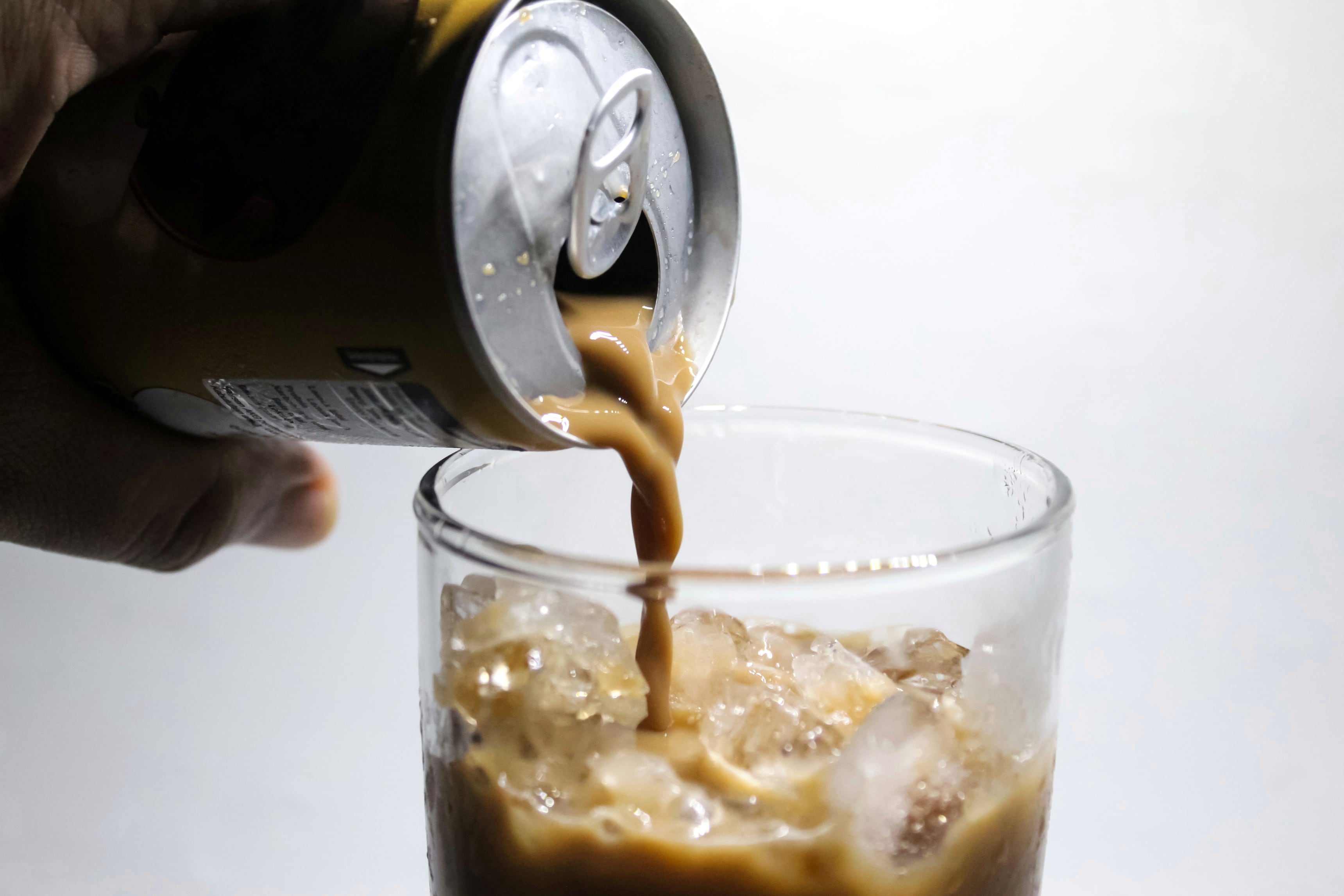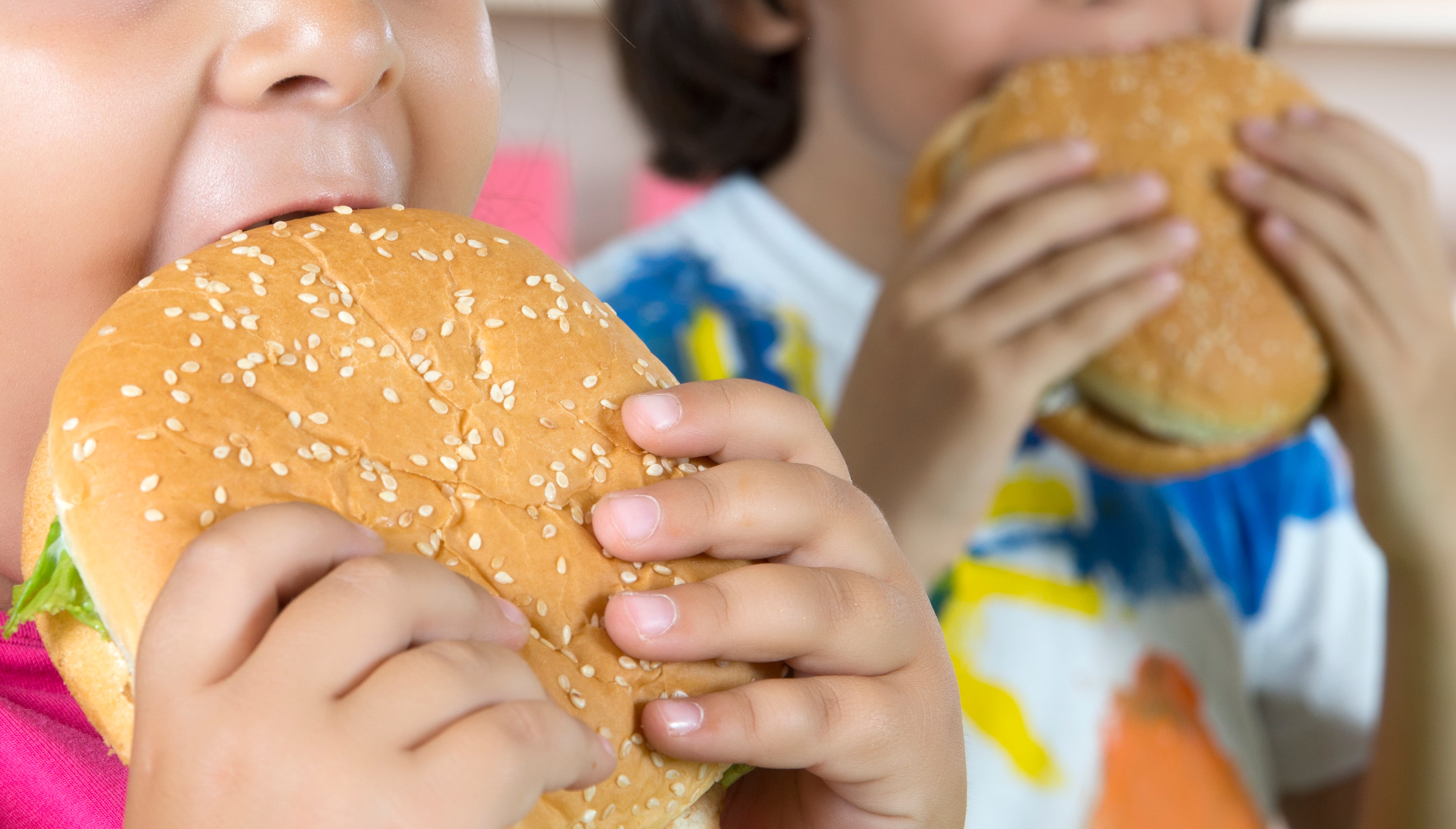The decision to delay the ban, which would see the advertising of HFSS products before the watershed (5:30am-9pm) prohibited alongside a total online veto, follows concerns over legal loopholes.
January 2025 saw the Advertising Standards Authority (ASA) saying it needed to rethink and potentially revise aspects of the guidance following legal advice. Of particular concern is the guidance related to advertising that does not explicitly refer to or feature products.
This isn’t the first time the ban has been delayed, with the original rollout date January 2023. The previous government initially announced a postponement to the regulations in 2022, with a new date of January 2025. This was later pushed back to October 2025.
This latest delay means the UK-wide regulations are now expected to come into force on 5 January 2026.
A government spokesperson said: “Obesity robs children of the best start in life and sets them up for a lifetime of health problems, which costs the NHS billions.
“We have secured a unique and public commitment from advertisers and broadcasters so that from 1 October 2025, adverts for identifiable less healthy products will not be shown on TV before 9pm or at any time online, and this will be a legal duty from January 2026.
“The junk food advertising restrictions on TV and online are a crucial part of our Plan for Change to raise the healthiest generation of children ever. By reducing children’s exposure to junk food advertising, we will remove up to 7.2 billion calories from UK children’s diets each year.”
Expectations from October 2025
In this statement made today (22 May), Ashley Dalton, parliamentary under-secretary of state for public health and prevention said the government is aware many brands have prepared ad campaigns “in good faith” ahead of the restrictions, but they remained concerned on how these adverts will be affected by the ASA’s approach to implementation.
“We want to support economic growth and ensure that industry has confidence to invest in advertising but, at the same time, protect children from advertising of less healthy products,” Dalton said.
“To that end, I am announcing today that the Government intends to make and lay a Statutory Instrument (SI) to explicitly exempt ‘brand advertising’ from the restrictions. The SI will provide legal clarification on this aspect of the existing policy, as it was understood and agreed by Parliament during the passage of the Health and Care Bill. This will enable the regulators to deliver clear implementation guidance and mean that industry can prepare advertising campaigns with confidence.
“To allow time to consult on the draft SI, we will amend the formal date these restrictions come into force to 5 January 2026 instead of 1 October 2025. However, in agreement with the Government, advertisers and broadcasters, with the support of online platforms and publishers, have made a clear and public commitment to comply with the restrictions as though they would still come into force from 1 October 2025.
“This means that, from 1 October 2025, and in line with Government’s policy intentions, we would expect adverts for specific identifiable less healthy products not to be shown on TV between 5:30am and 9pm or at any time online, and there will be legal clarification on ‘brand advertising’ before the restrictions come into force legally on 5 January 2026, subject to Parliamentary approval.”
Key stakeholders including ITV, Channel 4, the Advertising Association and the British Retail Consortium, say they are pressing ahead with the restrictions in line with the October 2025 date.
Government caving to pressure?
Still, both Action on Salt and the Obesity Health Alliance have issued statements reflecting their disappointed in the decision.
“The government continues to cave to the food industry’s every whim and it is beyond disappointing – yet not surprising. We saw it with the previous government, and we are seeing it now. These ad restrictions were first discussed over 6 years ago and have the potential to greatly improve the health of our children yet there is a lack of clear clarity, drive, and intention, allowing the industry to exploit loopholes," said Sonia Pombo, head of impact & research for Action on Salt.
“It should not take 6 years to implement a policy, and this news raises genuine questions as to where the government’s commitment really lies.
“Their promise to raise the healthiest generation of children in history seems to be as full of holes as their policies.”
“This Government committed in its manifesto and via the King’s Speech to ending junk food ads targeting children. But just like its predecessor, it appears to be caving to industry pressure and delaying the implementation of these long-overdue restrictions,” agreed Katharine Jenner, obesity health alliance director.
“We’re seeing the result of a coordinated attack by companies selling the unhealthiest food and drinks and the advertising industry - all working to weaken the policy and delay action.
“The Government insists that this decision is not abandoning their commitments on children’s health - it’s just cleaning up a technical issue. It is now up to them to prove that’s true - by implementing the evidence based policies to make it easier for everyone to eat healthily in their 10 Year NHS Plan and Food Strategy. We will not see the changes we need in children’s health and reduced pressure on the NHS from dietary diseases unless they resist pressure from companies that want to put their profits before the health of the country.
“I hope we can work together to find a solution, one that finally puts children’s health first.”





